TAKE THIS SIMPLE TEST.
1. Have you prepared a will or a trust?
Without proactive planning, you are relying on the state’s rules to determine how your assets pass, to whom they pass, and when they pass. The probate court will handle important life decisions, such as who will care for your minor children, and assets will pass outright to your heirs when they are 18. In addition to having potentially undesired results, this is perhaps the most costly and time consuming means of passing your assets to your loved ones, as the probate court sorts through your affairs.
2. Have your family circumstances remained the same since you prepared your will or trust?
Circumstances including the birth of a child, marriage, divorce, death of a spouse, retirement, and changes in assets all warrant review of your estate plan. It is always a good idea to have an estate planning attorney review your current plan to confirm that it meets your current goals and objectives in light of constantly changing life circumstances.
3. If you have done a will or trust, has it been reviewed in the last five years?
Even assuming that there have been no family or financial changes since your plan was last reviewed, the legal landscape is constantly changing. There have been multiple and significant tax law changes in the last 20 years. An out-of-date estate plan is perhaps worse than no estate plan at all. Consider estate planning as a process rather than a one-time event. Keeping your plan current is vital to achieving the goals you first set out to accomplish.
4. Are all your heirs over the age of 18 and financially responsible?
Under state law, children can inherit as early as 18. Proper planning for minors involves the creation of testamentary trusts for the supervision and distribution of estate assets in order to prevent an immature heir from squandering their inheritance. It is also imperative that you name guardians for minor children, both temporary and permanent. If not, the probate court will be in the unfortunate position of deciding who should care for your children.
5. If it is your desire to avoid probate, are you certain that each of your assets will not be subject to probate?
If it is your intention to avoid probate court entirely at death, make a list of each asset you own and identify how each asset is going to avoid probate. Assets owned as “joint tenants with rights of survivorship,” assets owned in the name of a trust, and assets that pass by beneficiary designation (such as IRAs, life insurance, etc.) will pass outside of probate. Everything else is subject to probate.
6. Does your current plan provide your heirs with asset protection, divorce protection, and lawsuit protection?
The most common means of leaving assets to heirs is through outright distributions. By doing so, however, the inheritance becomes subject to the creditors of your heirs, and can sometimes disqualify your beneficiaries from certain government benefits. Careful estate planning can help you control disposition of your assets so that your estate passes to your intended beneficiaries, and not their creditors.
7. Have you had only one marriage?
Second or subsequent marriages present unique planning issues, particularly if either spouse has children from a prior relationship. Many couples will want to provide for a spouse during the spouse’s life, but ensure that the remainder of estate assets then continue to pass to their own heirs rather than the heirs of their spouse. Proper planning is critical to prevent undesired results.
If you answered “No” or “Don’t Know” to any of the above questions, you should make an appointment to speak to an attorney about your estate plan.
